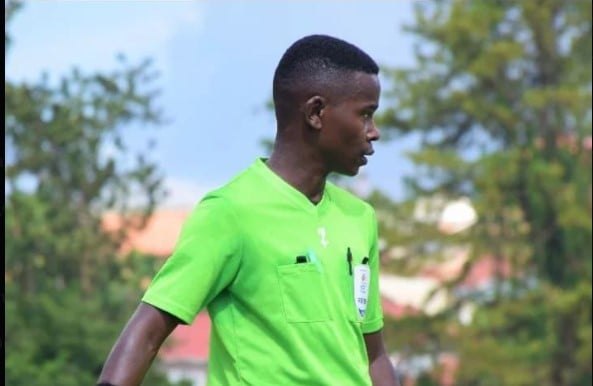Prime
Gender-based violence; the silent epidemic

By April 17, 2020: In Uganda alone, Police had registered 328 domestic violence related cases during the period of a one month nationwide lockdown aimed at preventing the spread of coronavirus. PHOTO/FILE
What you need to know:
- As of today, Uganda has a combined figure of more than 78,394 cases and deaths. There is a lot of emotional, physical and mental tension on the population and has further been escalated by the social and economic challenges that come with the lockdown.
Three weeks ago, Uganda enforced a second nationwide lockdown as it experiences a second wave of the Covid-19 pandemic. This included closure of major social and economic amenities like schools, places of worship, shopping centres, and banning public and private transport with a curfew. Only essential services were left open.
As of today, Uganda has a combined figure of more than 78,394 cases and deaths. There is a lot of emotional, physical and mental tension on the population and has further been escalated by the social and economic challenges that come with the lockdown. The situation has heightened the already existing unequal power relations between men and women especially because of the economic disempowerment which further render women more vulnerable.
Currently women are finding themselves trapped in their houses with their abusers and more likely to experience life-threatening violence. Given the invisible nature of some forms of GBV, it is hard for communities to fully respond to the abuses at household level unless the survivors have built trust in the community support mechanisms.
The situation is further exacerbated by the community perception of GBV cases as a family affair hence rape, defilement and physical domestic violence cases are passing without notice thus additionally disadvantaging the women and the girl children. As the lockdown is causing economic challenges to some, to majority of the women it is a double jeopardy as it heightens the misunderstandings between couples leading to violence.
Although the lockdown was meant to control the spread of the virus, on the other hand it has nurtured anxiety, fear and uncertainty within the people as many have been cut off from normal support services and safety nets. The limited movement has not helped the situation as most of the women safety nets like psychosocial centres, NGOs that support GBV survivors and GBV shelters are either closed or inaccessible.
Survivors are finding it hard to seek help and are left isolated from the people and the resources that help them. Apart from the police that are currently fully charged with enforcing the standard operation procedures there is hardly any safety nets for GBV survivors to confidently seek redress at this particular time.
Uganda is a signatory to the Convention on the Elimination of All Forms of Discrimination against women, ratified to the Protocol to the African Charter on the Rights of Women in Africa in 2011, the Beijing Platform of Action and committed to attaining the fifth sustainable development goal of promoting gender equality.
This is the moment for government to show its commitment by deploying innovative strategies to virtually support survivors, consider psychosocial support as an essential service and reinforce the importance of appreciating the relationship between crises and GBV hence the need to be prepared to minimize its causes.
The women of Uganda deserve protection from violence and access to justice even under the current situation of lockdown amidst the COVID 19 crisis. The Government of Uganda should come up with policies to include essential services to address violence against women and girls in preparedness and response plans for COVID-19, fund them and identify accessibility measures.
Winfred Muhumuza, Gender, advocacy & rights officer – action for rural women empowerment




